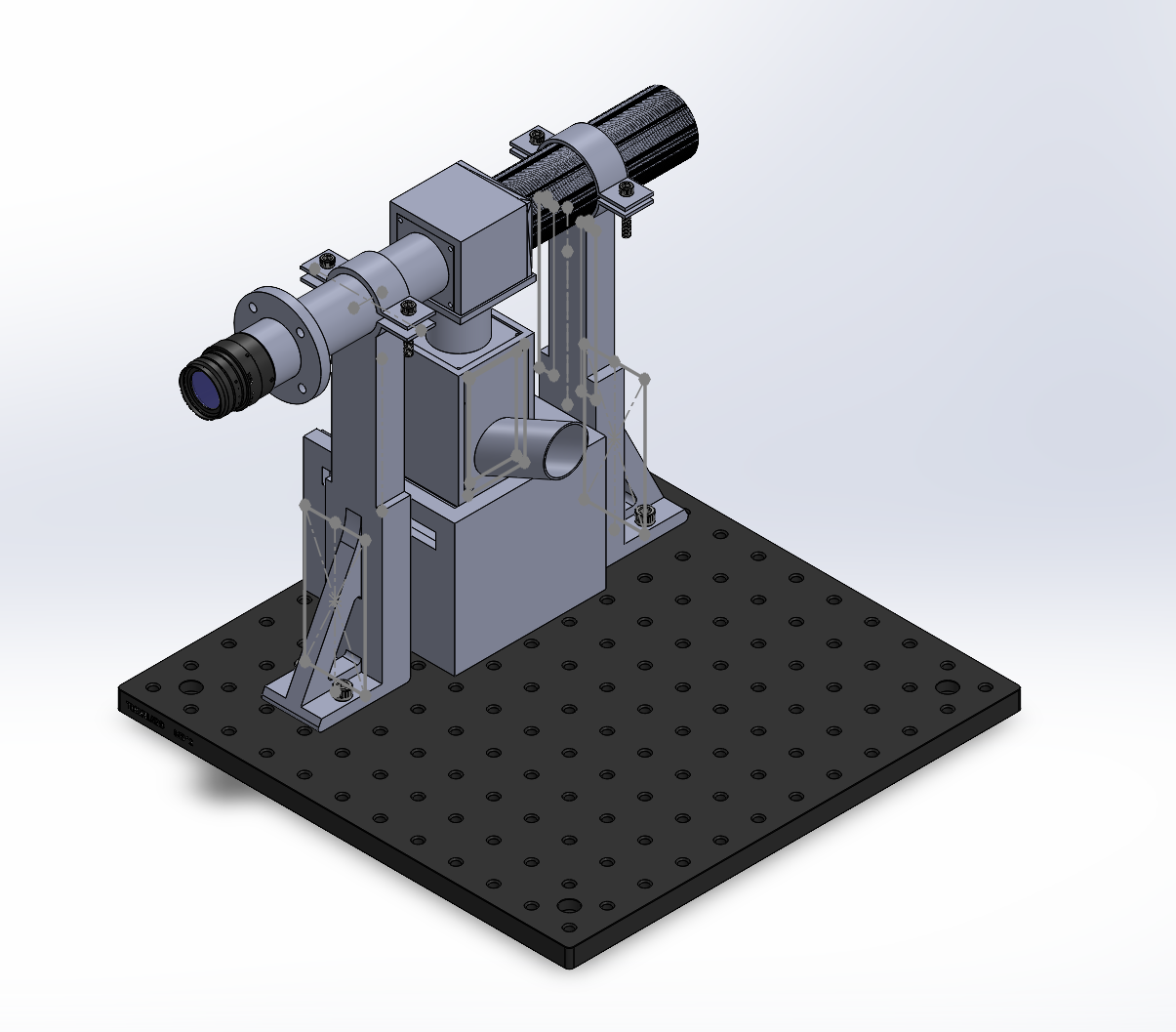A quicker diagnosis leads to a better world!
What makes GatorVision the better solution for you!
GatorVision’s competitive advantage lies in its combination of affordability, portability, and user-centered design. It removes barriers to allergy testing, promotes diagnostic equity across skin tones, and aligns with global health goals by making advanced imaging tools more accessible to marginalized communities.
| Feature | Skin Allergy Testing | Blood Allergy Testing | Our Device |
|---|---|---|---|
| Affordability | ✔ | ✘ | ✔ |
| Effectiveness on Darker Skin Tones | ✘ | ✔ | ✔ |
| Accessibility for Lower-Income Communities | ✔ | ✘ | ✔ |
| Potential for Other Dermatological Applications | ✘ | ✘ | ✔ |
| Time-Efficient | ✔ | ✘ | ✔ |
Competitor Analysis
| Product | Cost Efficiency | Portability | User-Friendly | Range |
|---|---|---|---|---|
| Headwall Photonics (Nano-Hyperspec®) | High Cost | Large | Requires specialized setup | Good Range |
| Resonon Pika (Pika L Camera) | High Cost | Requires tripod setup | Complex operation | Good Range |
| Specim (Specim IQ) | High Cost | Portable | Requires training | Limited Range |
| AlyGators (GatorVision) | Affordable | Compact & Portable | Intuitive and Easy to Use | Broad Range |
The GatorVision system offers a groundbreaking solution in hyperspectral imaging by addressing the high cost and discomfort traditionally associated with allergy testing. Designed to cost under current market prices, GatorVision makes non-invasive, real-time allergy diagnostics accessible to under-resourced clinics, mobile health units, and practitioners in low-income and rural settings. By capturing shortwave infrared (SWIR) images in the 400–1700 nm range, the device detects subdermal inflammation caused by allergic reactions, even in patients with darker skin tones—an area often underserved by standard diagnostic methods.
Business Strategy
The primary users of this device include allergists, dermatologists, rural healthcare providers, mobile clinics, and public health agencies, particularly those serving communities with limited access to specialists. Universities and teaching hospitals can also use GatorVision for educational and research purposes.
Revenue will be generated through the direct sale of the device, software licensing for advanced spectral analysis, and potential partnerships with government and NGO health programs. Custom calibration services and training modules may offer additional revenue streams. The device will be distributed through direct B2B sales, university conferences, public health partnerships, and pilot programs in community health clinics.
